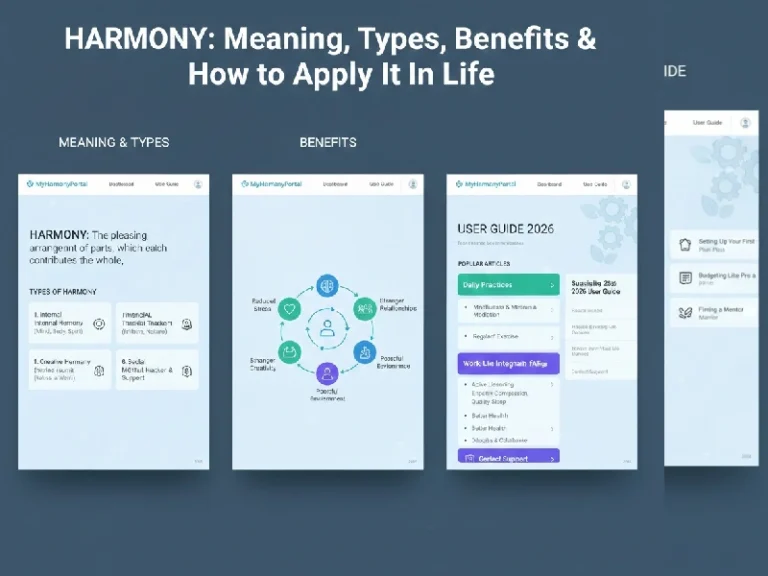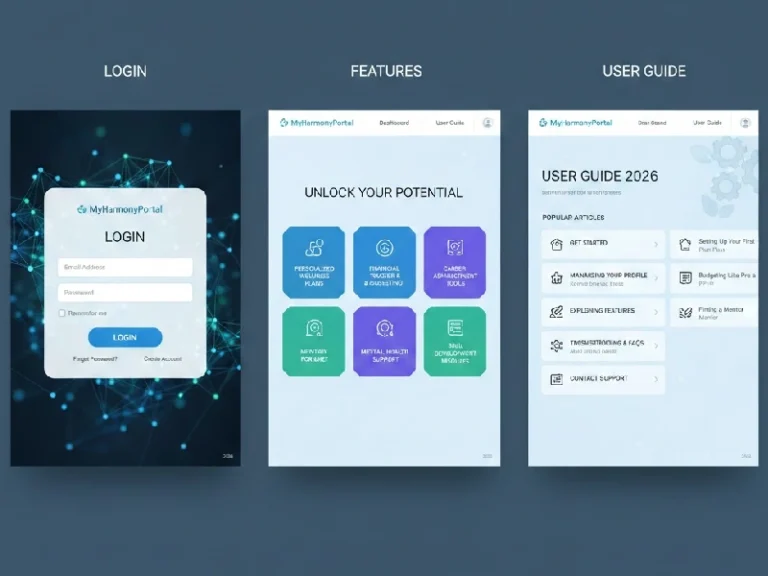
“Every generation has its empire, and in the digital age, that empire is Google.”
Imagine waking up tomorrow in a world without Google. No search engine to answer your midnight curiosities. No Gmail to check. No Google Maps to guide you through traffic. No YouTube to entertain or teach. The silence of that absence would be deafening, not just for you but for the billions who rely on it daily.
Google is no longer just a search engine—it’s the invisible backbone of modern life. From its humble start in a Stanford dorm room to becoming one of the most valuable companies in history, Google has shaped how humanity accesses, organizes, and interprets knowledge. This article takes you on a deep dive into Google’s history, present dominance, and its future that will redefine technology yet again.
The Birth of Google: From Garage to Global Domination
Google’s story begins in 1996, when Larry Page and Sergey Brin, two Ph.D. students at Stanford, started a research project called Backrub. Its core idea was revolutionary: instead of ranking websites simply by how many times a keyword appeared, it measured the quality and relevance of links pointing to a page. This became the foundation of Google’s PageRank algorithm.
In 1998, with a borrowed server and a garage rented from Susan Wojcicki (who later became YouTube’s CEO), Google was born.
Key Milestones in Early Growth
-
1998: Google founded; processes 10,000 queries daily.
-
2001: Eric Schmidt joins as CEO, providing business direction.
-
2004: Google IPO raises $1.67 billion, valuing it at $23 billion.
-
2006: Google acquires YouTube for $1.65 billion.
-
2008: Launch of Chrome browser.
-
2015: Google restructures under Alphabet Inc.
Takeaway: Google’s early success wasn’t luck. It was rooted in a superior algorithm, relentless innovation, and a vision to “organize the world’s information.”
Google Today: A Tech Ecosystem, Not Just a Search Engine
Fast-forward to today, and Google is far more than a search tool. With over 90% global search market share, it’s the gatekeeper of online information. Yet its ecosystem expands into virtually every tech frontier.
Google’s Core Products and Their Reach
-
Search: 8.5 billion searches per day worldwide.
-
YouTube: Over 2.7 billion monthly users.
-
Gmail: More than 1.8 billion active accounts.
-
Google Maps: Covers 220+ countries and territories.
-
Android OS: Powers ~70% of smartphones globally.
-
Google Cloud: Competes with AWS and Microsoft Azure in cloud services.
Table: Google’s Dominance Across Industries
| Product/Service | Users/Market Share | Notable Impact |
|---|---|---|
| Google Search | 90%+ | Defines global information access |
| YouTube | 2.7B users | Entertainment + education hub |
| Gmail | 1.8B users | Default email standard |
| Android | 70% market share | World’s leading mobile OS |
| Maps | 1B+ users | Redefines navigation |
| Chrome | 65%+ browser share | Shapes web standards |
Key Insight: Google has become the infrastructure of the internet. It doesn’t just provide tools—it sets the rules for digital existence.
The Business Engine: How Google Makes Money
Google’s empire rests on a single pillar: advertising. Its platform, Google Ads, matches businesses with users searching for products and services, making it the most powerful ad marketplace in history.
-
Ad Revenue: Over $237 billion in 2024, ~77% of Alphabet’s total revenue.
-
Google Cloud: ~$37 billion revenue in 2024.
-
Hardware & Other Bets: Includes Pixel phones, Nest devices, and experimental projects.
Case Study: Small Business Growth
A bakery in London doubled its sales within 3 months after running targeted Google Ads. With minimal investment, it reached customers within walking distance—proof that Google democratizes visibility for businesses.
Takeaway: Google’s dominance is not just technological—it’s economic, embedding itself in global commerce.
Google’s Cultural and Societal Impact
Google has influenced not just industries but how people think and live.
-
Language Shift: “Google it” became a verb, synonymous with seeking knowledge.
-
Education: Google Classroom, Docs, and YouTube tutorials empower learning.
-
Healthcare: AI tools like DeepMind aid in early diagnosis of diseases.
-
Politics & Society: Google controls information flows, sparking debates on censorship and bias.
Quote to Remember:
“Google is not just a company. It’s the lens through which humanity views knowledge.” — Tech ethicist Tristan Harris
Key Insight: Google holds immense cultural power—raising questions about privacy, ethics, and monopolistic behavior.
The Future of Google: AI, Quantum, and Beyond
What lies ahead for Google? The company is betting big on AI, quantum computing, and ambient computing.
1. Artificial Intelligence
-
Google’s Gemini AI (successor to Bard) aims to compete with OpenAI’s ChatGPT.
-
AI in healthcare predicts patient outcomes with accuracy surpassing human doctors.
2. Quantum Computing
Google’s Sycamore quantum processor achieved “quantum supremacy” in 2019. The future? Solving problems impossible for classical computers.
3. Ambient Computing
From smart homes to AR glasses, Google envisions a world where technology disappears into the background—seamless, intuitive, omnipresent.
Takeaway: Google isn’t just adapting to the future—it’s shaping it.
Step-by-Step Guide: Using Google More Effectively
Most people only scratch the surface of Google’s capabilities. Here’s how you can unlock more power:
-
Use search operators:
"quotes"for exact matches,site:domain.comfor results from a specific website. -
Leverage Google Scholar: For academic research.
-
Explore Google Trends: Spot rising topics before they go mainstream.
-
Set Google Alerts: Monitor mentions of your brand or interests.
-
Optimize with Google My Business: Essential for local visibility.
Pro Tip: Combine Google Analytics with Search Console to gain a full picture of how users find and interact with your website.
Pros and Cons of Google’s Dominance
| Pros | Cons |
|---|---|
| Free, powerful tools | Privacy concerns (data tracking) |
| Global accessibility | Accusations of monopoly |
| Drives innovation | Algorithmic bias |
| Enables business growth | Dependence on single ecosystem |
Key Takeaway: Google is both a boon and a burden. It empowers billions but concentrates unprecedented power in one corporation.
Frequently Asked Questions (FAQ)
Q1: When was Google founded?
Google was founded on September 4, 1998, by Larry Page and Sergey Brin.
Q2: What is Google’s parent company?
Alphabet Inc., created in 2015, is Google’s parent company.
Q3: How does Google make money?
Primarily through digital advertising, which accounts for ~77% of revenue.
Q4: Is Google the most used search engine?
Yes, it dominates with over 90% global market share.
Q5: What is Google’s AI project called?
Google Gemini (successor to Bard) and DeepMind are its leading AI initiatives.
Q6: What is Google’s vision?
To “organize the world’s information and make it universally accessible and useful.”
Q7: Will Google stay dominant in the future?
While competitors exist, Google’s investments in AI, quantum, and cloud suggest it will remain a tech titan.
Summary Checklist: Key Insights on Google
-
✅ Started as a Stanford research project in 1996.
-
✅ Today, commands over 90% of the search market.
-
✅ Ecosystem spans search, video, email, maps, cloud, and hardware.
-
✅ Revenue engine: advertising (~$237B in 2024).
-
✅ Cultural force shaping education, society, and politics.
-
✅ Future bets: AI, quantum, and ambient computing.
-
✅ Both empowering and controversial—friend and gatekeeper.
Conclusion: Google as the Digital Pulse of Humanity
Google is no longer just a tool; it’s the pulse of modern civilization. It decides what knowledge we access, how businesses grow, and even how we perceive truth. Like the printing press in the Renaissance, Google has permanently altered the trajectory of human knowledge.
The future will bring challenges—privacy battles, ethical dilemmas, and competition. Yet, one fact remains unshakable: to understand the digital world, you must understand Google.
So, the next time you type a query, pause and reflect: you


